Controlling and toxic teen relationships can have a detrimental impact on teenagers as they transition into adulthood, leading to a range of problems including substance abuse and mental and physical health difficulties, according to a recent study.
Did You Know Toxic Teen Relationships Can Have Effects On Physical and Mental Well-being?

Published in the journal Pediatrics, the research also highlights the tendency for these teenagers to repeat patterns of unhealthy and potentially dangerous intimate relationships in the future.
The study, led by Antonio Piolanti, a post-doctoral researcher at the Institute of Psychology, University of Klagenfurt in Austria, examined 38 studies conducted between 2004 and 2022.
These studies focused on various forms of teen dating violence, including sexual, physical, cyber, and psychological abuse, predominantly carried out in the United States and following participants for at least one year.
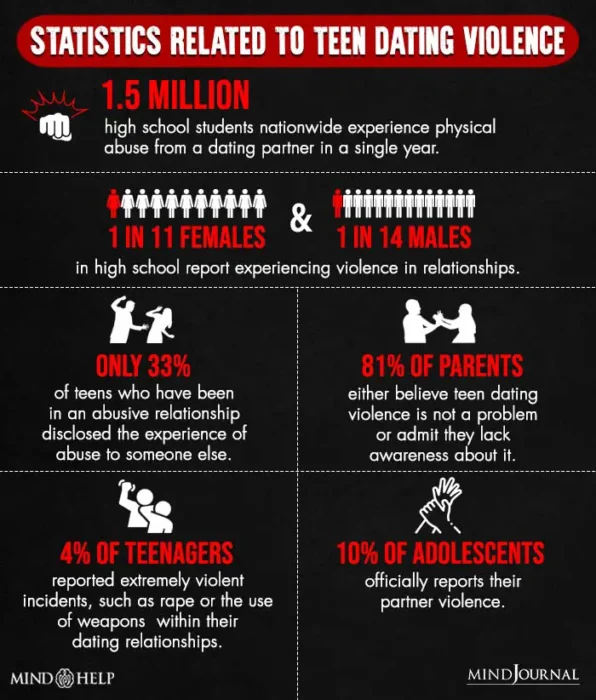
The findings revealed that individuals, primarily women, who had experienced problematic romantic relationships during their teenage years were more likely to perpetuate similar dating patterns later in life.
Additionally, these individuals showed a higher likelihood of engaging in alcohol, cigarette, and marijuana use. The study also highlighted a significant association between teen dating violence and increased sexual risk behaviors, such as unprotected sex or engaging in sexual activities under the influence of alcohol.
Moreover, several of the reviewed studies linked teen dating violence to symptoms of depression in young women for a duration of up to six years following the turbulent teenage relationships.
This research contributes to an alarming body of evidence indicating that girls, in particular, are vulnerable to intimate partner violence.
A previous report by the Centers for Disease Control and Prevention revealed that nearly 20% of teenage girls reported being victims of violent sexual behavior in 2021, with more than 1 in 10 disclosing incidents of rape.
In the current study, physical violence was prevalent in 20% of cases, while psychological abuse, including both verbal and nonverbal controlling behaviors, was much more common, affecting up to 88% of participants.
Dr. Anisha Abraham, head of the Division of Adolescent and Young Adult Medicine at Children’s National in Washington, D.C., emphasized that psychological manipulation can be subtle and challenging for developing teenage minds to recognize, as they strive to maintain a positive outlook on their relationships.
Dr. Richard Chung, an adolescent medicine specialist at Duke Health in Durham, North Carolina, cautioned that while not all teenagers in violent relationships will experience lasting negative consequences, adolescence serves as a crucial time for establishing future trajectories and shaping individuals’ overall adulthood experiences.
The findings from this study shed light on the urgent need to address toxic teen relationships and break the cycle of unhealthy patterns.
By providing support and education during adolescence, it is hoped that the negative impact of these relationships on individuals’ physical and mental well-being can be minimized, fostering healthier and more fulfilling adult lives.
7 Signs That Your Child Has A Unhealthy Teen Relationship
Identifying signs of a troubled teenage relationship is crucial when it comes to their well-being. Here are seven signs that can help you recognize if your teen’s relationship is toxic and abusive:
- Isolation: If your teenager withdraws from loved ones and activities they used to enjoy, it may indicate an isolating relationship.
- Controlling behavior: Excessive control or manipulation, such as dictating clothing choices or monitoring their every move, is a red flag.
- Verbal or physical abuse: Name-calling, insults, or any form of aggression signifies a potentially abusive and toxic relationship.
- Emotional changes: Sudden shifts in your teenager’s emotions, like increased anxiety, depression, or withdrawal, could stem from negative relationship dynamics.
- Constant conflict: Frequent arguments, explosive fights, or an inability to resolve issues peacefully suggest an unhealthy relationship.
- Disregard for boundaries: A lack of respect for personal boundaries, consistently crossing them or pressuring your teenager, is concerning.
- Negative self-image: Criticism, belittling, or making your teen feel inadequate can lead to diminished self-esteem and constant validation-seeking.
Maintain open communication with your teenager and seek professional help if you suspect an unhealthy relationship. Their well-being depends on it.
Read more here: Depressed And Anxious Teens: Experts Give Practical Advice On How To Help (Including Checklists)
Share your thoughts about this news in the comments below!
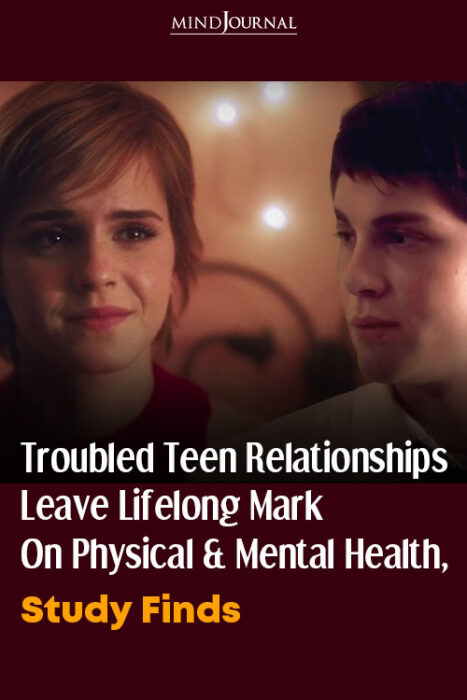
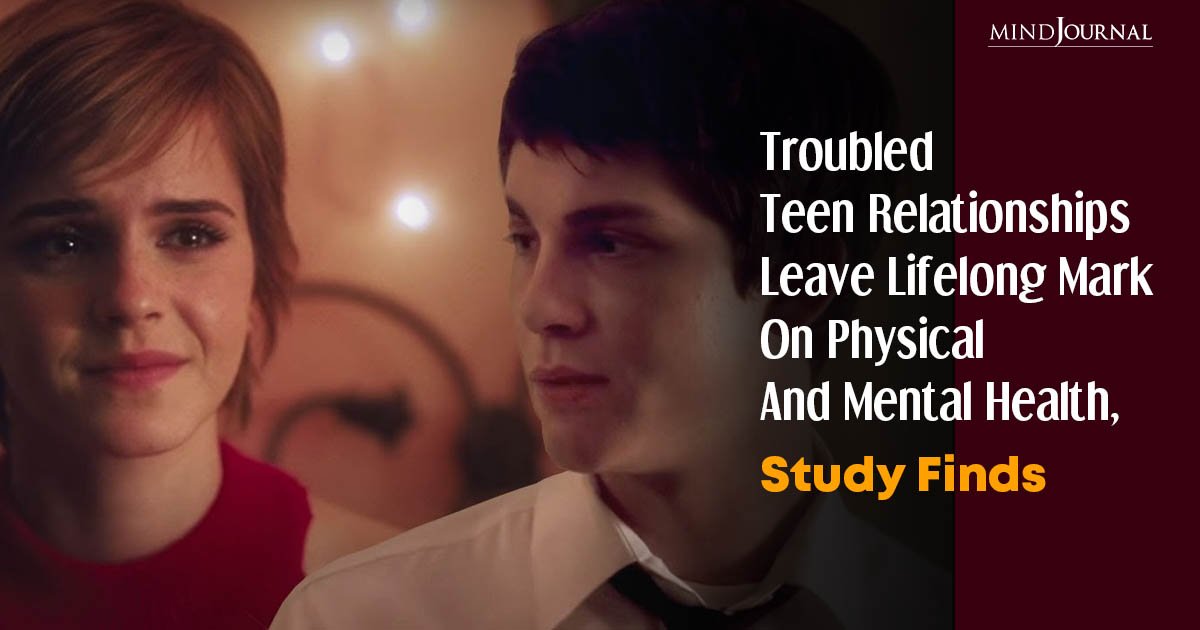





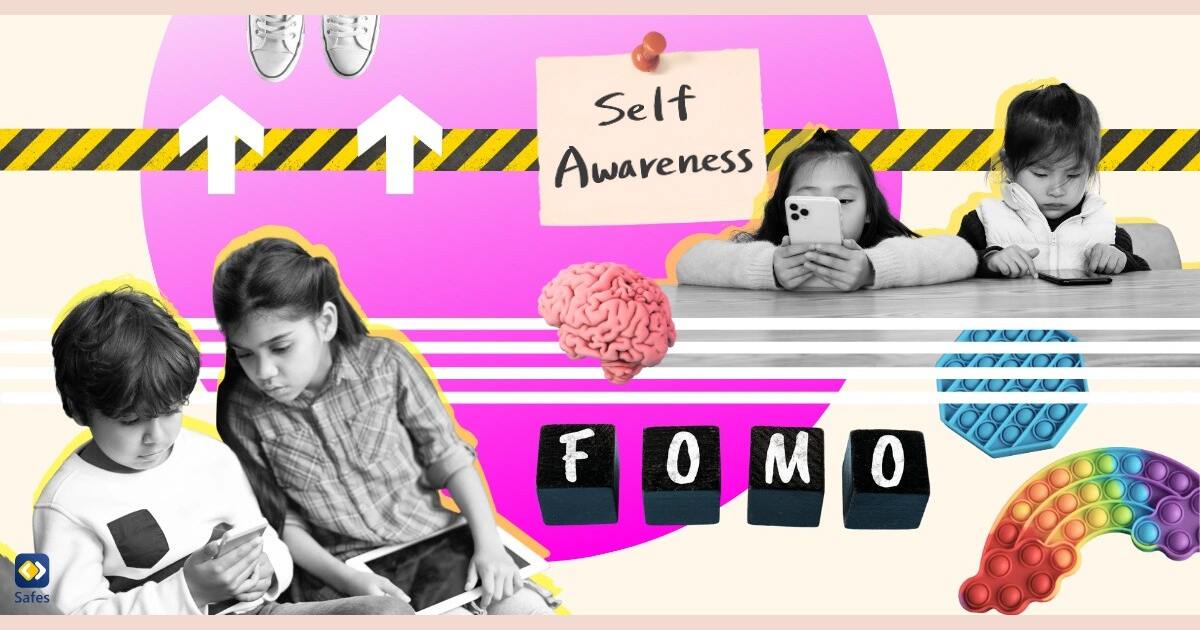
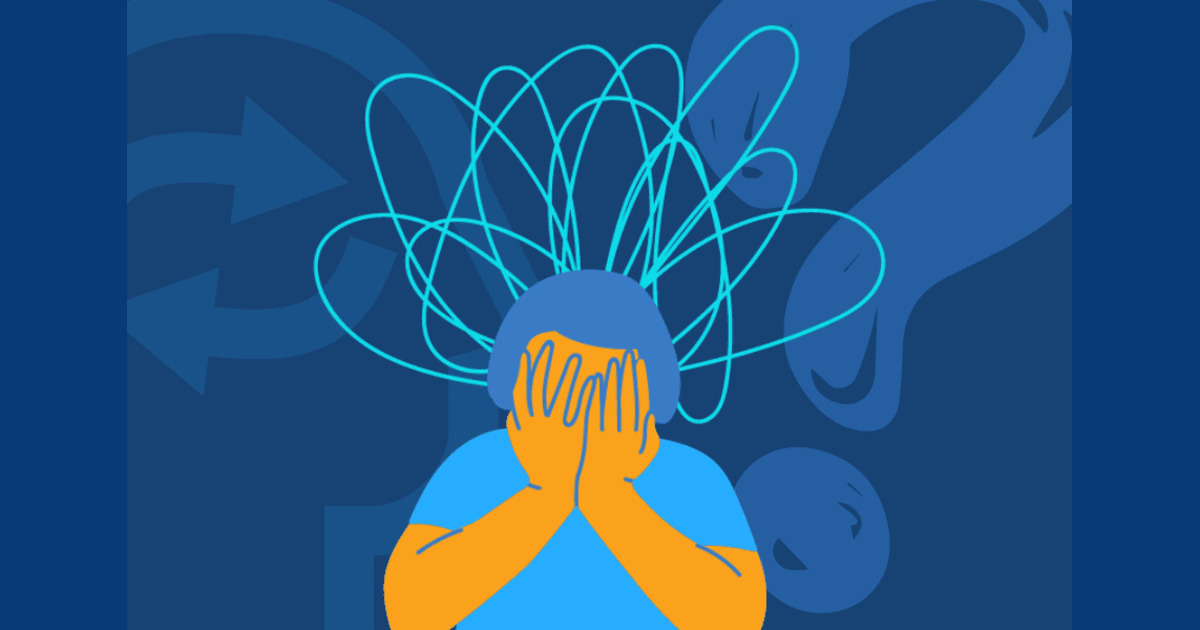
Leave a Reply
You must be logged in to post a comment.